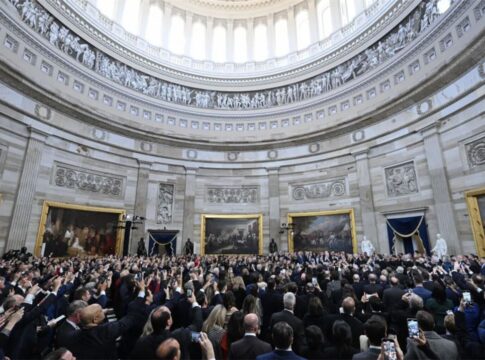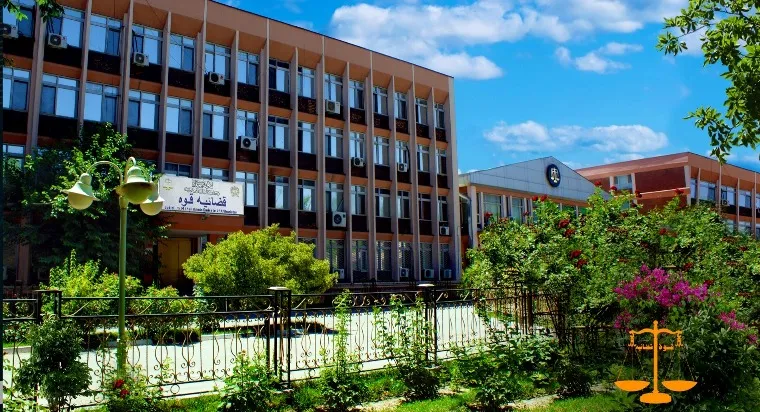A Michigan-based imam, initially slated to deliver a benediction at President Donald Trump’s inauguration, was noticeably absent from the event, leaving many wondering why he was removed from the program.
Imam Husham Al-Husainy, a prominent Shia Muslim cleric and leader of the Karbalaa Islamic Education Center in Dearborn, was among four religious leaders announced to offer prayers during the inauguration. His planned inclusion was significant, as it marked a historic moment for Muslim representation at such an event. Al-Husainy’s backing of Trump during the campaign was seen as pivotal in Trump’s efforts to court Muslim voters, particularly in Dearborn, home to a significant Muslim-American population.
However, Al-Husainy’s name was conspicuously missing from the inauguration program distributed on the day of the ceremony, despite being listed in earlier bulletins provided to the press. The reasons for his removal remain unclear, as neither Al-Husainy nor officials from the inauguration committee responded to requests for comment. Attempts to reach the Karbalaa Islamic Education Center also proved unsuccessful.
READ MORE: Two Lives Lost as Police Probe Katsina Link in FCT Islamic School Explosion
The imam’s association with the Trump administration had sparked controversy among conservative pro-Israel groups. His inclusion in the event drew criticism from outlets like the New York Post, which revisited his 2007 appearance on the Fox News show Hannity & Colmes. During that appearance, Al-Husainy refrained from categorically labeling Hezbollah as a terrorist organization, stating he needed time to elaborate on his position—a stance that led to significant backlash.
Last week, the Zionist Organization of America (ZOA) publicly condemned his inclusion, warning that his presence at the inauguration would “send a damaging message” and mar the start of Trump’s presidency. The ZOA labeled Al-Husainy as a “Hezbollah apologist” and criticized his past remarks, which they claimed were antisemitic in nature.
The imam’s exclusion may also reflect a balancing act to avoid alienating Trump’s critics. Despite Trump’s success in securing a surprising level of support in Dearborn during the election, he did not win a majority in the city. According to the Detroit Free Press, Trump captured 42.48% of Dearborn’s vote, compared to 36.26% for then-Vice President Kamala Harris and 18.37% for Green Party candidate Jill Stein—a significant third-party showing.
While Trump’s outreach to Muslim voters in Michigan garnered attention, his gains were seen by some as a protest against President Joe Biden’s policies, particularly his strong support for Israel during the 15-month-long conflict in Gaza, which culminated in a ceasefire shortly before the inauguration. Many Muslim Americans expressed outrage over Biden’s stance during the October 7 attacks and subsequent Israeli actions in Gaza.
The circumstances surrounding Al-Husainy’s removal remain uncertain, adding a layer of intrigue to an already contentious inauguration.



